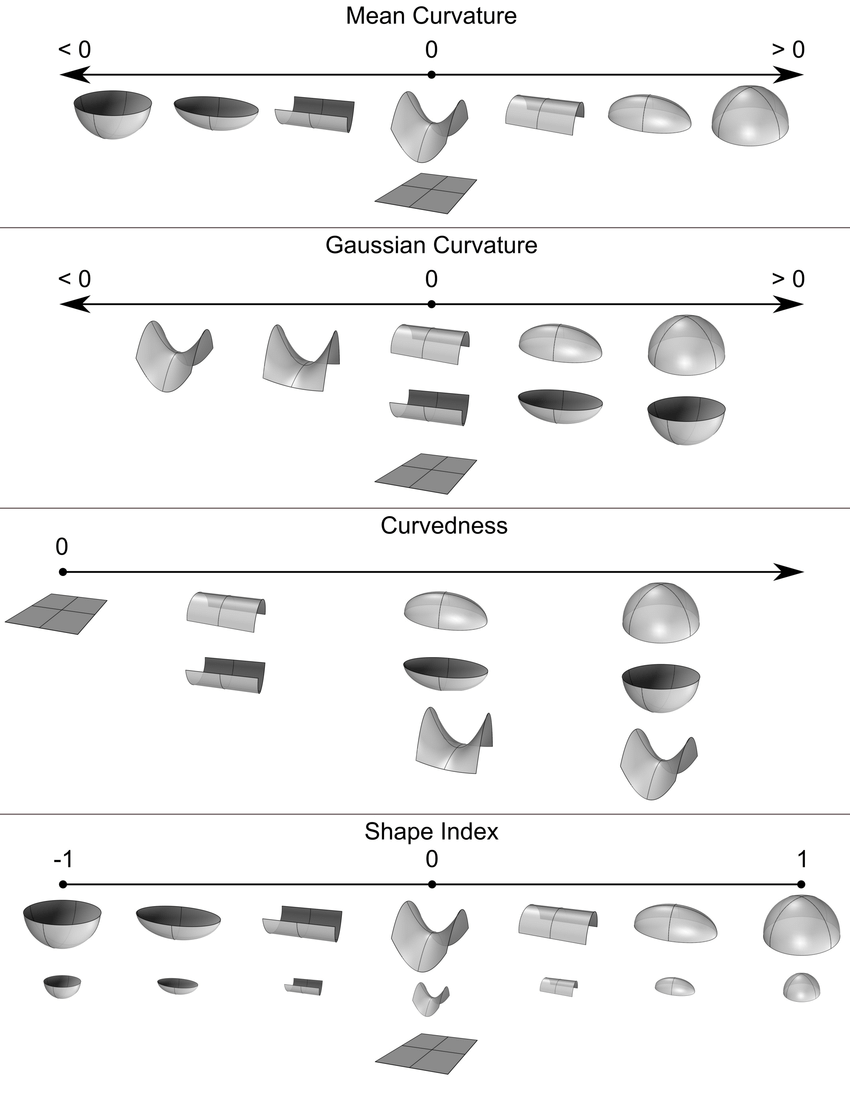Topology descriptors are designed to capture subtle sharpness and curvature differences along the surface of diseased pathologies on imaging.
These are based on the hypothesis that local structural changes through infiltration and disruption of disease in a region is likely to cause shape irregularities and in turn, resulting in changes along the surface of the lesion.
If you make use of this implementation, please cite the following paper:
Ismail, M., Hill, V., Statsevych, V., Huang, R., Prasanna, P., Correa, R., Singh, G., Bera, K., Beig, N., Thawani, R. Madabhushi, A., Aahluwalia, M, and Tiwari, P., "Shape features of the lesion habitat to differentiate brain tumor progression from pseudoprogression on routine multiparametric MRI: a multisite study". American Journal of Neuroradiology, 2018, 39(12), pp.2187-2193.
You can find our package on pypi
Run the below command to install the package:
pip install topology_radiomics
First clone this repository
git clone https://github.com/radxtools/topology-radiomics.git
There are multiple ways to get started.
- docker-compose
- docker run
Run the following commands to start the docker container
cd docker
docker-compose up
With this step, you don't need to clone the url. Run the following commands to start the docker container
docker rm radxtools/topology-radiomics-examples
docker pull radxtools/topology-radiomics-examples
docker run -d -p 3000:3000 --name topology-radiomics-examples radxtools/topology-radiomics-examples
Once the docker image is up and running. You can view our notebooks. You can get started with the notebook to learn how to use the package. You should start with Tutorial - Getting started with topology_radiomics.ipynb
Tutorial Notebooks:
- Tutorial - Getting started with topoplogy_radiomics.ipynb
- Tutorial - Using topology_radiomics to visualize features.ipynb
- Tutorial - Working with medpy and topology_radiomics.ipynb
The notebooks can be viewed by opening the browser and visting the url http://localhost:3000
Note: topology_radiomics clips outliers a per lesion basis. See the tutorials for more information.
Please follow google style formatting for docstrings
Please submit bugs and features to our github page.
Create a issue on our board. Create a pull request with your changes. Tag your changes with the issue number (commit message should have issue number). Someone from the team will review your request and merge your changes for the next release.
The topology of surfaces in imaging can be quantified with gaussian curvature and mean curvature. The following 4 surface measures are derived from the gaussian and mean curvatures:
- Curvedness
- Shape Index
- Sharpness
- Total Curvature
The figure below highlights characteristics of the gaussian and mean curvatures, as well as some of the surface measures.
This figure was adapted from:
